Delaware Prosperity Partnership
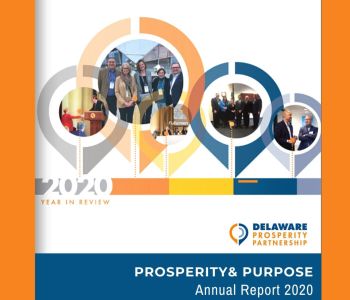
March 10, 2021
Prosperity & Purpose: Year in Review 2020
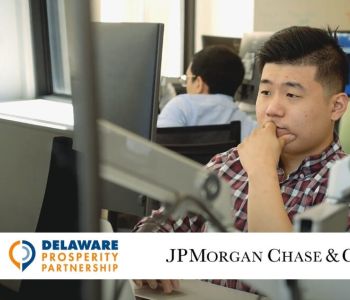
March 8, 2021
Creating an Inclusive Tech Talent Pipeline in Delaware
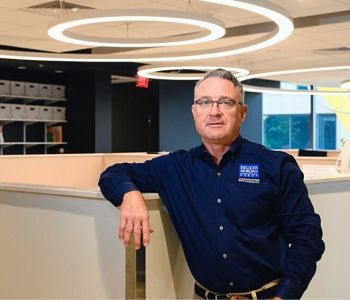
March 1, 2021
Meet Gregg Moore, Civil Engineer and Lifelong Delawarean

February 19, 2021
Meet Drummer and “Artivist” Jonathan Whitney

February 17, 2021
Kurt Foreman Named Top 50 Economic Developers in North America

February 12, 2021
Startup302 Funding Competition Extends Entry Deadline
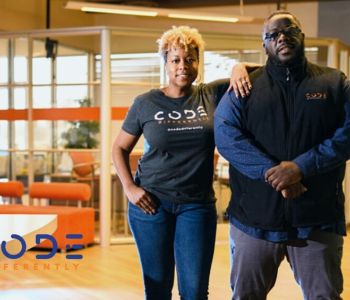
February 10, 2021
Meet Code Differently CEO Stephanie Eldridge
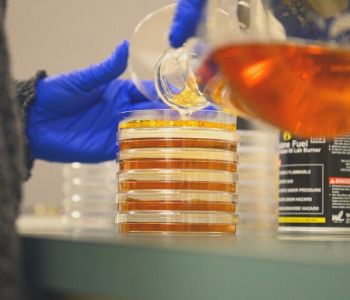
February 1, 2021
Delaware Launches Ready-to-go Lab Space Pilot Program

January 29, 2021
Specialty Chemical Company Expanding in Bear
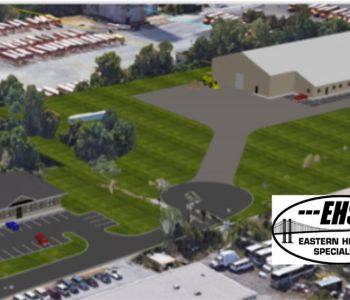
January 28, 2021
Two New Wilmington Projects Creating 135 Jobs
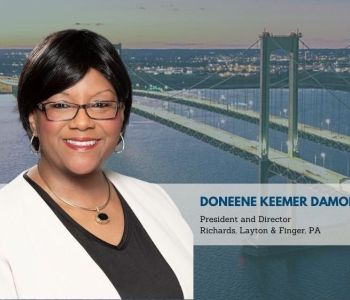
January 22, 2021
Board Diversity Helps Impact the Bottom Line
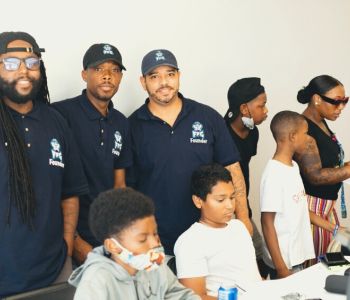
January 20, 2021
Gaming Their Way to Success























